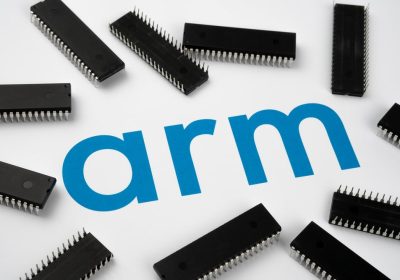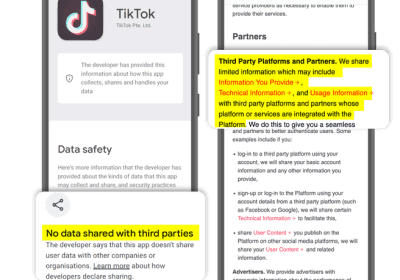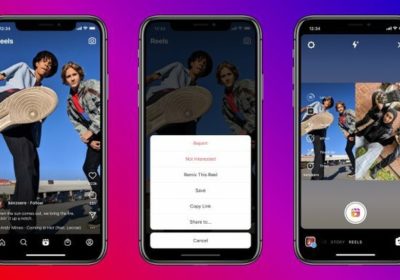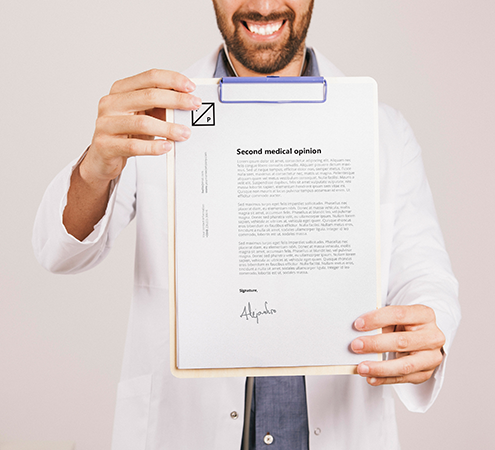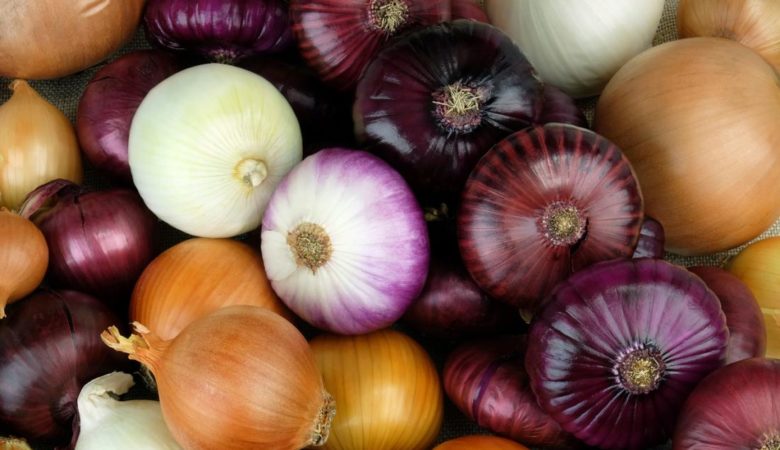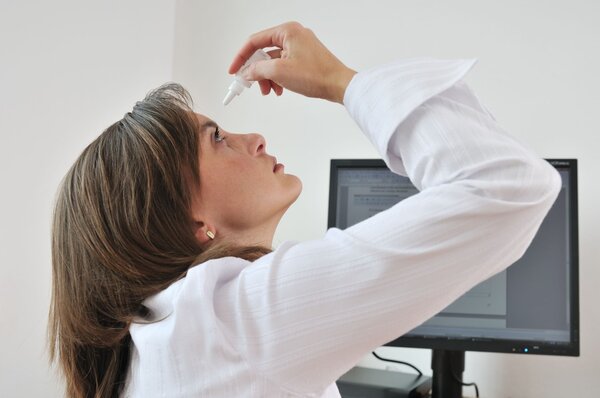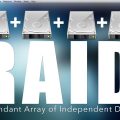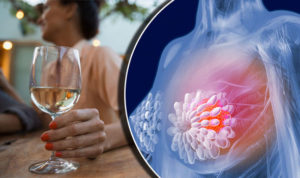
1. Even one glass of alcohol a day increases your risk of breast cancer
Alcohol in any form increases your risk of breast cancer (and a number of other cancers). It does not matter whether you drink wine, beer, a cocktail or, for example, whiskey. It is the alcohol (ethanol) itself that is harmful, even in small amounts. Therefore, it is better not to drink alcohol at all.
Alcohol also contains many calories, making it easy to gain weight. Being overweight increases your risk of at least 12 cancers, including breast cancer. With the Alcohol Calories Calculator from the World Cancer Research Fund you can easily calculate how many calories your drink contains.
2. E numbers do not cause breast cancer
E numbers are substances that are added to our food to improve its quality, color or shelf life. Some E numbers are made artificially and others are natural substances, such as vitamin C (E300) and lemon juice (E330).
Before E numbers can be used, they are extensively tested for safety. Only after the European Food Safety Authority (EFSA) has decided that a substance is safe will it be given an E number. You can therefore eat and drink products with E numbers safely, without having to worry that it increases your risk of breast cancer .
3. Dietary supplements are not without risks
Many people take one or even more supplements, because they think it is good for their health and reduces the risk of (breast) cancer. People often think: ‘it doesn’t work, it doesn’t harm’, but taking supplements is not without risks. If you take in too many vitamins and minerals, this can be harmful. Some studies even show that supplements in high doses may increase the risk of cancer.
Eating a healthy and varied diet protects you better against (breast) cancer than taking supplements. Only for special groups and in case of a shortage it is recommended to take a supplement.
4. Soy does not increase the risk of breast cancer
Soy is often associated with a higher risk of breast cancer, but there is no evidence to date. Eating and drinking soy products, such as soy milk or tofu, is part of a healthy diet.
Soy is high in fiber and protein and is a good vegetable substitute for red meat. There is even some evidence that soy may lower the risk of breast cancer. More research is needed to make recommendations on this.
5. Breastfeeding can protect you against breast cancer
If you have become or will soon become a mother, it is good to breastfeed your baby, at least for the first six months. The longer and more often you breastfeed, the more you reduce your risk of breast cancer.
In addition to a protective effect for you, breastfeeding also reduces the risk of your child becoming overweight, now and later.
Sources):


